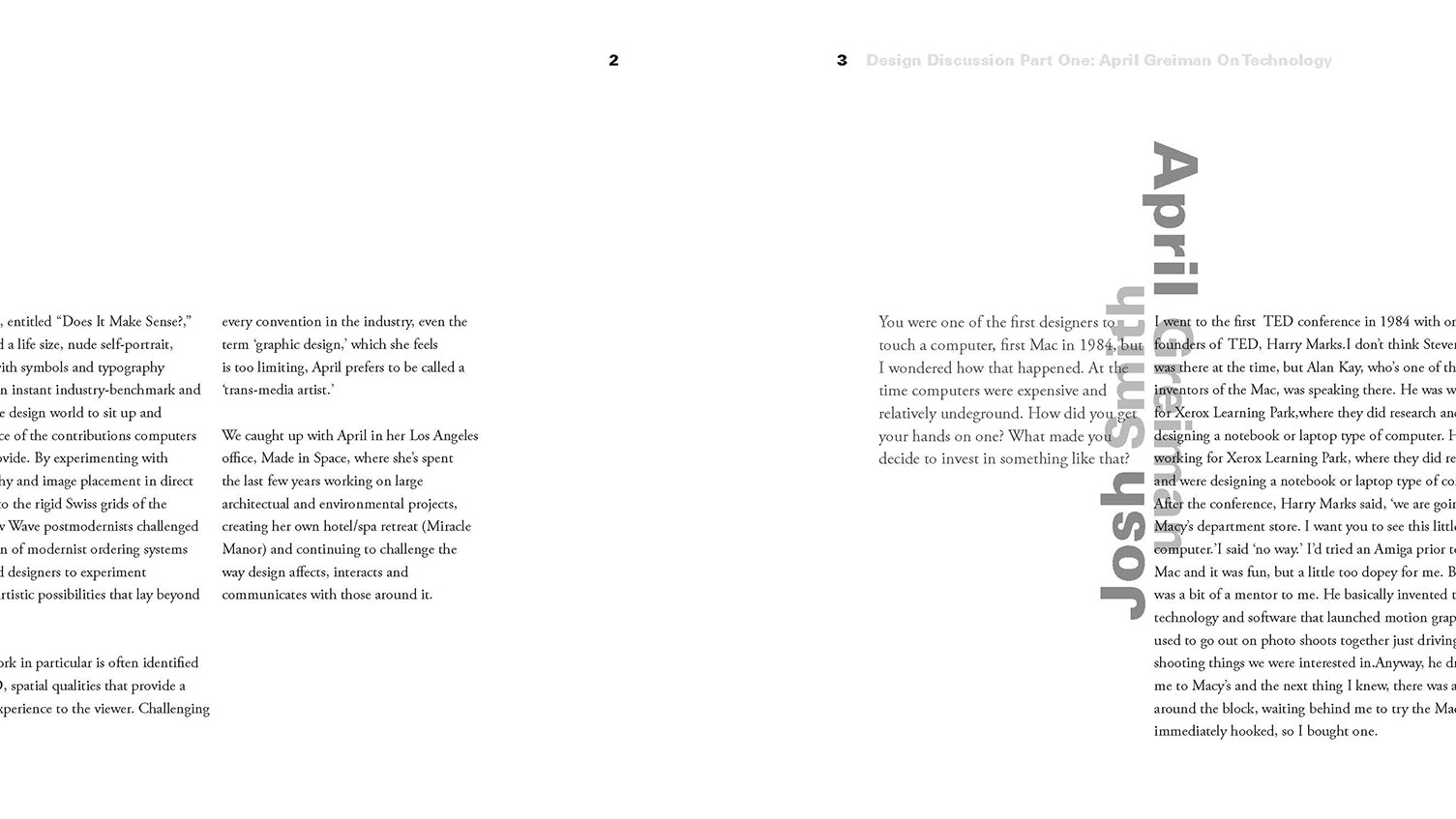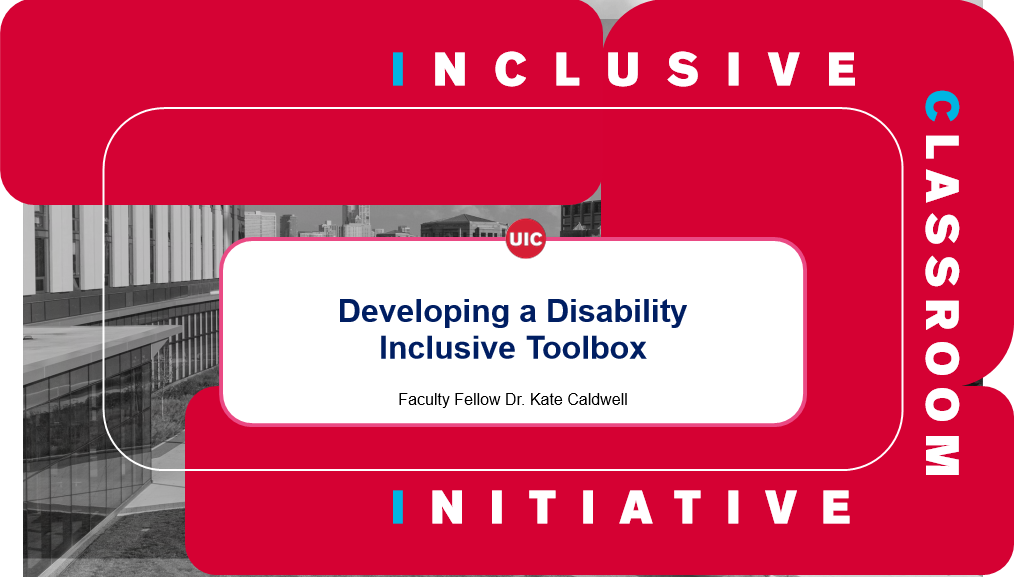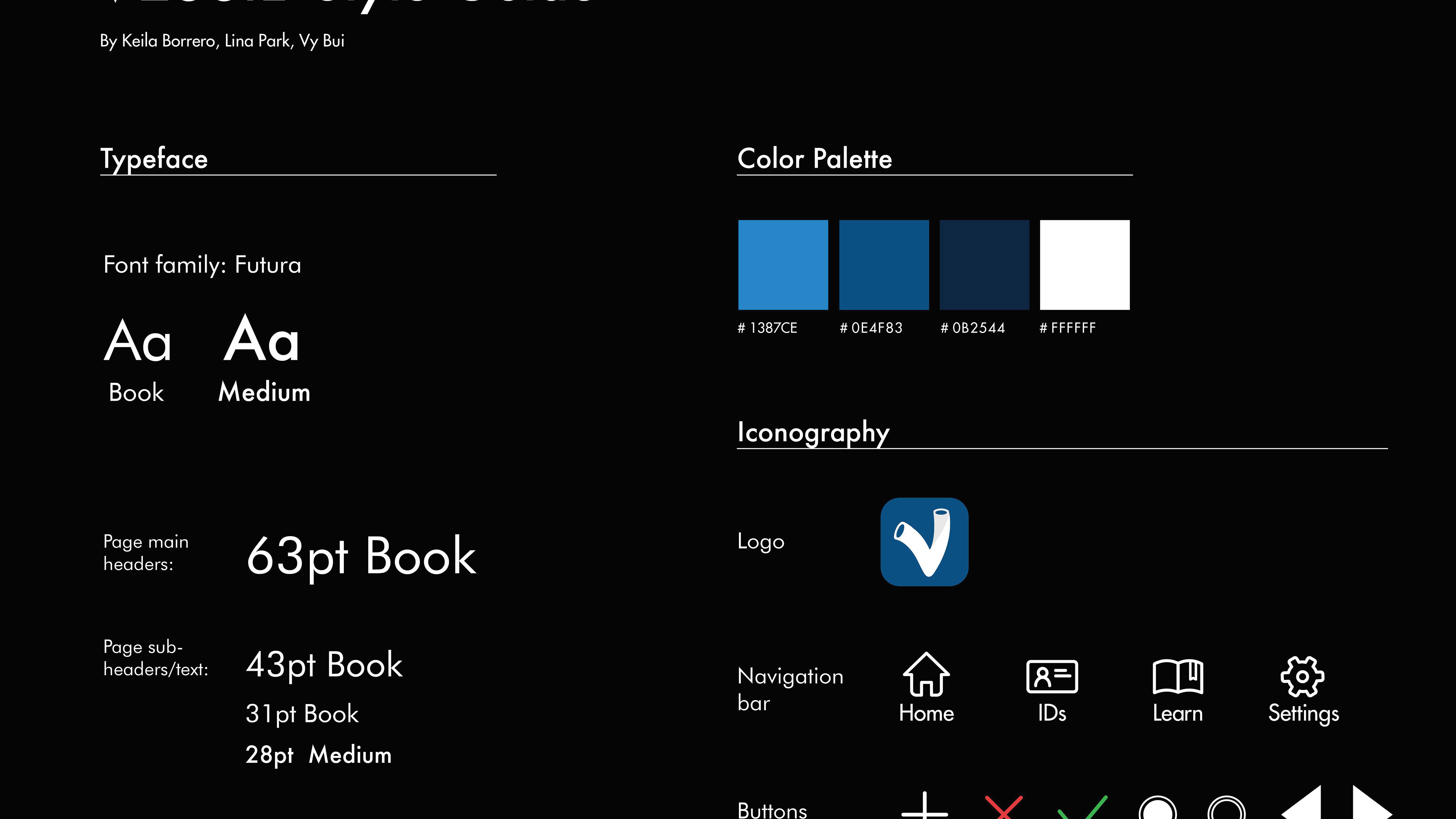Classroom context:
You have a student who has a speech disability and sometimes you’re not
sure what they’re saying. To avoid making the student feel uncomfortable,
you pretend to understand and move on.
Classroom context:
A student who is new on campus uses a wheelchair and they hang
around after class to ask you about Taylor Street and Greek town. They’re
interested in trying some restaurants and going to a basketball game
with their friends, and they ask you for your sense of how accessible things
will be. You know that the Americans with Disabilities Act passed 30 years
ago, so you tell: “You should be fine. Public places are now accessible
and easy for wheelchair users to enjoy.” Are you giving good advice?
Classroom context:
You’re in a faculty meeting and overhear a colleague talking about how
students with disabilities who request accommodations are asking for
special treatment. What’s wrong with this assumption?
Classroom context:
You’re getting some work done in the common area of Grant Hall between
classes and you overhear a conversation between students.
Student 1: “Can you point me to the Writing Center?”
Student 2: “Yeah, it’s on the first floor in room 105.”
Student 1: “Okay, thank you! Do you mind getting this door for me? There’s
no automatic button.”
Student 2: “No problem. But, what’s the matter with you?”
Student 1: “Oh, like… I have a condition that makes it hard for me to grip
the knob.”
Student 2: “Oh, really? Is that something you were born with?”
Hearing this conversation makes you wonder if it’s okay to ask someone
about their diagnosis or medical history.
Classroom context:
You’re in your department office talking to your administrator and a
colleague pops their head in to tell you that one of their former students is
planning to take a course with you next semester. They sing this student’s
praises, mentioning also that they are Deaf. After your colleague leaves,
the administrator says to you, “I’ll arrange a sign language interpreter for
your class.” Should you agree?









